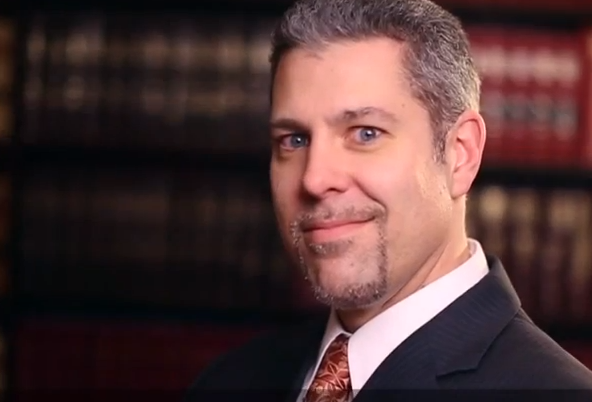Each state has its own set of laws and standards when it comes to allowing residents to carry weapons, especially personal firearms. In most states, a concealed carry permit is required to have your firearm hidden on your person, meaning in your purse, in a holster under your shirt, strapped around your ankle or anywhere else that isn’t readily visible to the public. If you have a concealed carry permit, you’ve gone through your state’s required clearances and security measures in order to obtain it.
However, despite the legal right to carry granted by your permit, you may still run into trouble and questions if you are stopped by a police officer for a traffic infraction, and any missteps could result in lengthy legal complications.
A police officer who initiates a traffic stop doesn’t know what to expect when he or she approaches your vehicle. Even if you appear to be a nice, normal person, an officer is on the lookout for any dangerous or suspicious behavior that could put him or the general public at risk. If you are carrying your handgun, you could easily be perceived as a threat by the officer and the traffic stop can quickly escalate.
Drivers with concealed carry permits should keep these tips in mind to prevent a traffic stop from becoming a confrontation between two armed individuals:
- Remain calm and keep your posture non-threatening. At any traffic stop, you should keep your hands on the steering wheel, or clearly visible, so the officer does not mistake a movement for a threatening gesture or for you reaching to draw your weapon. If you’re pulled over at night, turn on your inside lights so that the officer can clearly see your hands.
- Stay in your vehicle. Getting out of your car is a danger signal to a police officer. If you approach him in a threatening manner, the officer may pull out his own gun in defense. Keep your doors shut and stay seated while the officer conducts the stop.
- Tell the officer about your weapon. As the officer approaches your car, let him or her know that you have a concealed weapon and that you have a permit to carry one. Ask the officer what you should do next. He may ask you to step out of the vehicle or request that you submit to a pat-down and remove the weapon until the traffic stop is completed. You will likely be asked to provide your permit as well as your vehicle information.
- Move slowly and carefully. When you’re grabbing your license and registration, move slowly, and again inform the officer that you have a licensed weapon. If your firearm and your wallet are close to each other on your person or in your car, let the officer know, and make sure he or she is aware of your actions.
Letting an officer know that you have a weapon is good sense for protecting both you and the officer from misunderstanding and potential harm.
If you have questions about your legal rights at a traffic stop, or you have been involved in a traffic stop with your legal weapon and have encountered legal issues or complications, call Scott Gorman, an Essex County and Morristown New Jersey criminal defense lawyer, today. The Gorman Law Firm represents drivers who have been charged with criminal activity as a result of a traffic stop.
Published in Categories: Criminal Defense


